Reading that "suspect wetlands vegetation was observed adjacent to the site" and imagining a bunch of weeds wearing hoodies and flashing gang signs.
|
Moments only a copy editor would find funny:
Reading that "suspect wetlands vegetation was observed adjacent to the site" and imagining a bunch of weeds wearing hoodies and flashing gang signs.
0 Comments
Yow! This is exciting, even if it ultimately ends in rejection (as so many of my submissions do):
This is a quick note to let you know that our readers really enjoyed "Dead Streets" and have passed it to the editors' desk. For that reason, we'd like to hold on to it for just a little longer. Regardless of the outcome of your submission, we wanted to let you know that we enjoy your work and we'd love to see more from you. -The Editors Update: Nope. Two editors voted to accept it, two didn't. Good feedback, though. And I think if I revise it with their criticism in mind, I can make it into a stronger story that I'll be able to sell somewhere else. Sometimes, the hardest thing about writing is seeing what needs to be revised. 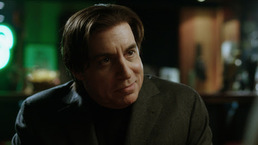 I've been watching Lillyhammer on Netflix, and I can't tell you how much I love it. Interestingly, I recently ran into some friends who really, really didn't like it. You know what I think the difference is? You have to be a little coldblooded to enjoy watching bad guys beat the crap out of even worse guys. Personally, I find it very gratifying. The show is Norwegian (made in Norway by a Norwegian production company), and the country is an important element of the show. But it's the characters I watch it for: It's fascinating, how much I sympathize with the hapless losers, the vicious cheats, the selfish bastards who occasionally do something brilliantly good and it still doesn't make them good guys. For me, if I can't tell for sure who's the hero, who's the antihero, and who's the villain, those are characters with the right amount of depth and conflict. But then, I also really like Joe Abercrombie's books. I recently gave feedback to an editing client about the interplay of title, theme, and ending. Then, last weekend, I received a revision request for a short story I submitted to a magazine almost nine months ago: "Not sure if it accomplishes enough in the end, but it's tightly written with good action and an interesting idea. I think it's lacking a core of deeper meaning; the writer could dig a bit deeper and really say something."
Time to take my own editing medicine! . . . but don't make your characters stupid.
I'd credit this if I could, but I can't remember who said it: Give readers just enough clues to figure out the next step or the answer to a problem in your story just before the characters do. It makes the readers feel smart and keeps them engaged. I think this is great advice, although I don't know that every book needs to follow it. What I do know, however, is how far it can go wrong if you can't judge what "just enough" means. I'm reading a story now by an author I usually enjoy, and it's taking the characters so long to figure out what's going on I'm beginning to think they're stupid. Part of being creative in any field is to make your work available.
Artists: A Pro Tip You need a website, of any kind, that will appear for a search of your name. I can't tell you how many pieces of fantastic art I've seen recently that I can't recommend to art directors because I can't find any way to contact the artists. Images on Pintrest or tumblr don't count if they don't contain a way to contact you. If I can't find you, you're losing commissions. Choreographing the climax of this story is like planning a ballet. Or the Normandy invasion. Who shoots whom, who dies of snakebite or spontaneous combustion or a frying pan to the head. How to get the main character out alive, since she has to say the line that incorporates the story's title.
I have charts. I had to quit reading an indie book the other day because, despite finding a few narrative difficulties in the beginning, I wanted to know what happened to the main characters next. Then, in the middle, the writing went from workmanlike but readable to concrete-feet awful. Too bad. The premise was interesting.
But, fortunately, I downloaded Night Watch when it was on sale a few months ago and it's fantastic (even in translation, which is always hit or miss). And the book I read before the middle-slumped indie was Half a King by Joe Abercrombie, which was so good I'm still jealous. I enthusiastically recommend both! SCHOOL LOCKDOWN
It's blackberry season here in the PNW, and a local bear has been enjoying the juicy morsels growing near the west side of the elementary school playground. My youngest described the culprit as "small, cute, and fuzzy." No positive identification has yet been made, but this character has apparently been hanging around the school for the past week or two. The kids had a "modified lockdown" (a.k.a. indoor recess) and no harm befell either hominids or ursidae. Fortunately, despite its constitutional right, the bear was not armed. <rimshot> Long walks with Tesla (and the official photographer, Adventure Boyfriend) shake all sorts of ideas loose, like the ending for my current short WIP, Return of the Devi, and an idea for structure for a back-burner WIP (The Face Thief).
Good thing today's overcast and cool, so I have an incentive to sit down and write all these good ideas! |
Torah Cottrill
I read. I write. And sometimes I talk about it.
(Issue #20 - free to read)
(Issue #14 - free to read)
(Issue #25 - free to read)
Archives
August 2017
The Far Side of the World:
|

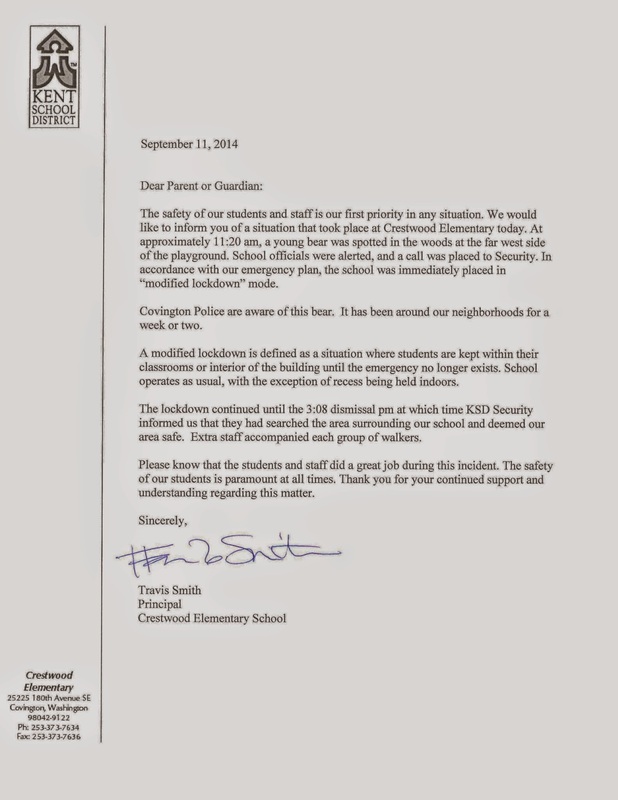

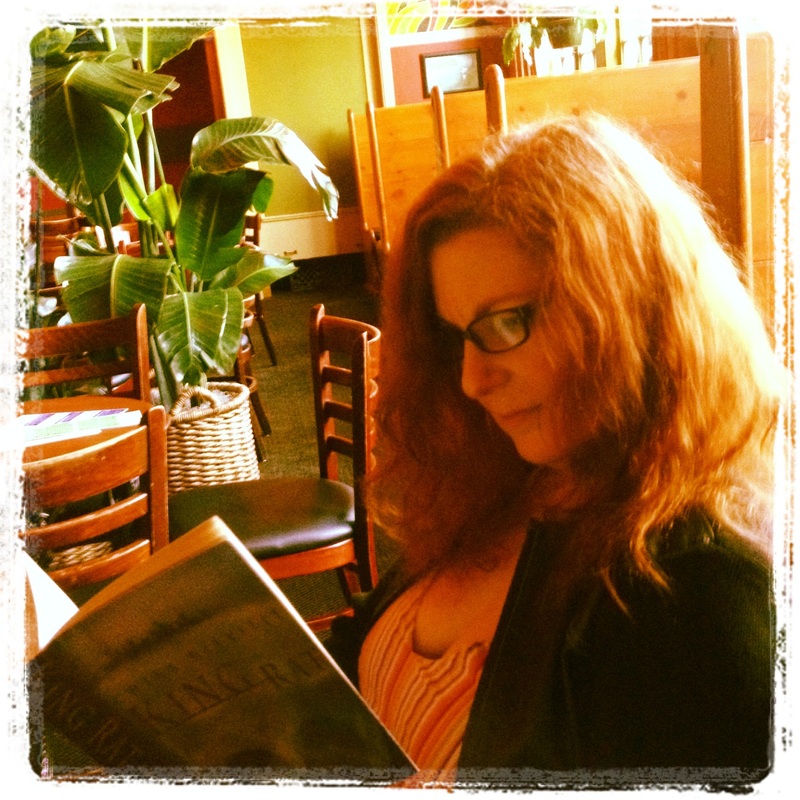
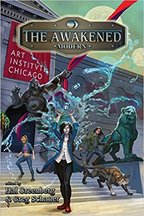
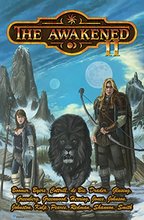
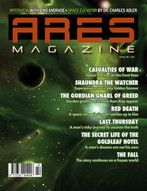
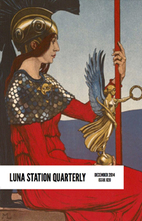
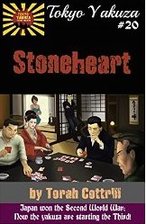

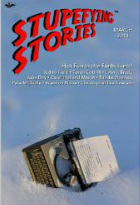
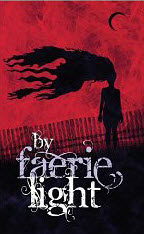
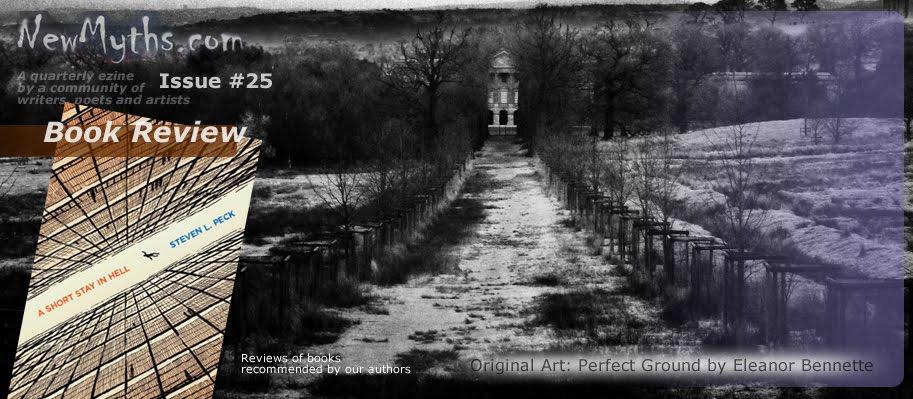

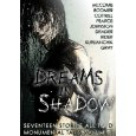

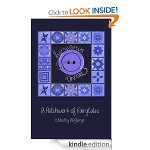
 RSS Feed
RSS Feed
